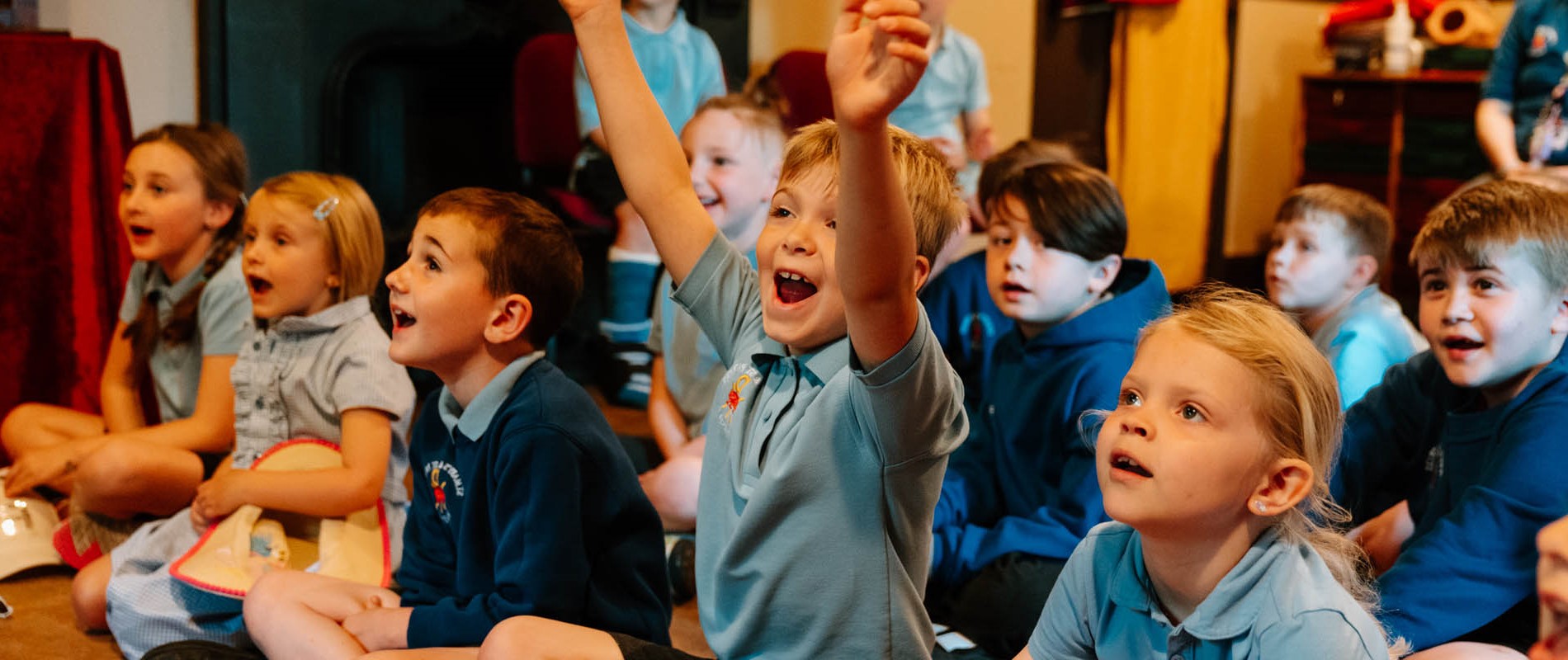
Educational visits offer more than just a break from the traditional classroom setting; they're a gateway to hands-on learning and real-world experiences. From museums and historical sites to science centers and art galleries, these excursions enrich students' understanding in ways textbooks alone cannot. They ignite curiosity, foster a love for learning, and provide unique opportunities to explore new ideas and cultures. Educational trips also enhance critical thinking and problem-solving skills, as students are often required to interact with the material in a more active and engaging manner. Whether it's a day trip nearby or an extended journey abroad, the benefits of these educational experiences are vast and varied, making them an indispensable part of modern education.
Why Educational Visits Are Important
Educational visits offer students a break from the traditional classroom setting, providing them with real-world experiences that enhance their learning and personal development. These outings can significantly impact students' understanding and retention of information. They foster an environment where learning is interactive and engaging, making complex subjects more accessible and enjoyable.
- Hands-on learning: Students get to touch, feel, and interact with what they're learning about, which can lead to better understanding and retention of information.
- Real-world relevance: Seeing how classroom concepts apply in the real world can enhance students' understanding and spark their interest in subjects.
- Increased engagement: Being in a new and dynamic environment can boost students' interest and engagement with the subject matter.
Types of Educational Visits
Educational visits can vary widely, each offering unique learning opportunities and experiences. From historical sites to science centers, these outings cater to a broad range of interests and academic subjects.
- Museums: Offer insights into history, art, science, and culture, providing a rich context for academic subjects.
- Historical sites: Bring history to life, allowing students to explore the past in a tangible way.
- Science centers and planetariums: Make science interactive and fun, encouraging exploration and discovery.
- Nature reserves and parks: Teach students about ecology, conservation, and the importance of protecting the environment.
Benefits Beyond the Classroom
Educational visits extend learning beyond the classroom walls, offering benefits that contribute to students' overall development. These experiences can help build essential life skills and foster personal growth.
- Social skills development: Students learn to communicate and collaborate with peers and adults in a different setting.
- Independence: Being away from the familiar classroom environment encourages students to be more independent and self-reliant.
- Cultural awareness: Visits to cultural institutions and historical sites can broaden students' perspectives and foster an appreciation for diversity.
Planning and Preparation
Successful educational visits require careful planning and preparation. Teachers and educators play a crucial role in ensuring these outings are educational, safe, and enjoyable for all students.
- Educational objectives: Clear learning goals should be established to ensure the visit complements classroom learning.
- Safety measures: Adequate safety protocols and measures must be in place to protect students during the outing.
- Engagement strategies: Pre-visit activities and post-visit discussions can help maximize the educational benefits of the trip.
Challenges and Solutions
While educational visits offer numerous benefits, they also come with their own set of challenges. Addressing these effectively can ensure that all students have a positive and enriching experience.
- Cost: Funding can be a barrier, but grants, fundraising, and community support can help make trips accessible to all students.
- Accessibility: Ensuring all venues are accessible for students with disabilities is crucial for inclusive learning experiences.
- Logistics: Detailed planning and coordination are essential to manage transportation, permissions, and schedules effectively.
The Future of Educational Visits
With technology advancing, the future of educational visits looks promising, offering even more innovative ways to enhance learning outside the classroom.
- Virtual reality experiences: Can provide immersive learning experiences without the need for physical travel.
- Global connections: Technology enables virtual exchanges and tours with students and experts around the world, broadening the scope of educational visits beyond local sites.
Educational visits play a vital role in enriching students' learning experiences, offering benefits that extend far beyond academic achievement. Through careful planning and a focus on inclusive, accessible experiences, these outings can provide valuable life lessons and foster a lifelong love of learning.
A Final Look at Learning Beyond the Classroom
Educational visits offer a unique blend of fun and learning, making them an invaluable part of education. They break the monotony of classroom teaching, providing hands-on experience and real-world exposure. These trips can spark interest in subjects that might seem dull in a traditional setting. They also enhance social skills, independence, and critical thinking. Remember, every trip, whether to a museum, historical site, or science center, is a chance to see the world through a new lens. So, next time you're on an educational visit, soak in every moment – it's not just a break from school but a step into a vast, interactive learning environment. Let's cherish and advocate for more of these experiences, recognizing their power to shape minds and inspire futures.
Was this page helpful?
Our commitment to delivering trustworthy and engaging content is at the heart of what we do. Each fact on our site is contributed by real users like you, bringing a wealth of diverse insights and information. To ensure the highest standards of accuracy and reliability, our dedicated editors meticulously review each submission. This process guarantees that the facts we share are not only fascinating but also credible. Trust in our commitment to quality and authenticity as you explore and learn with us.


